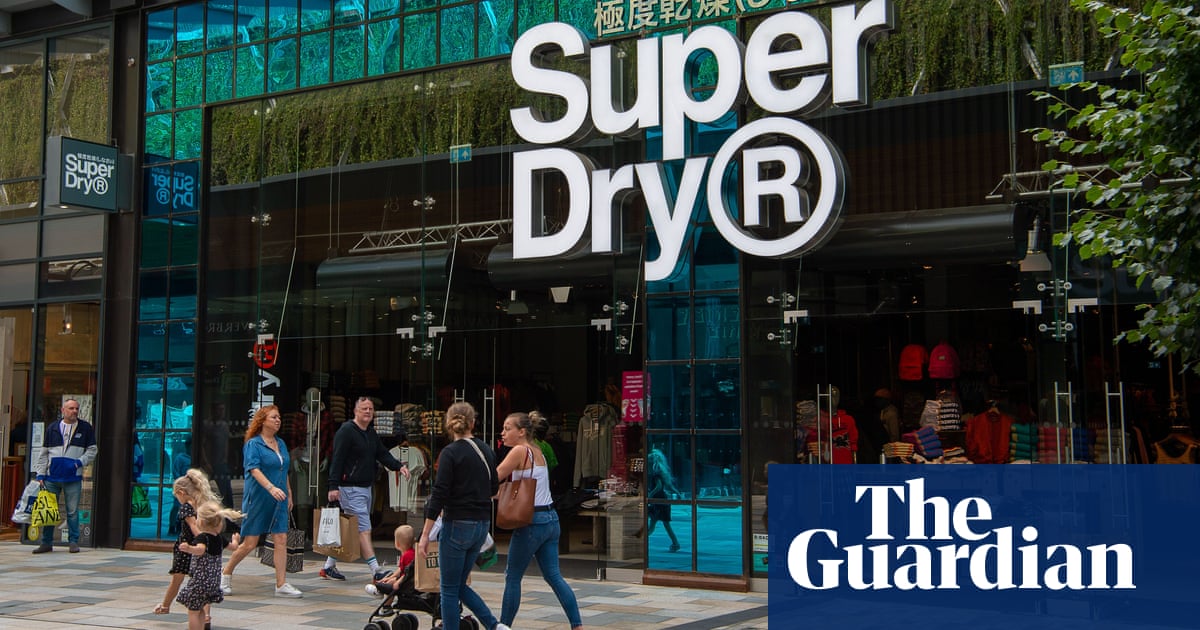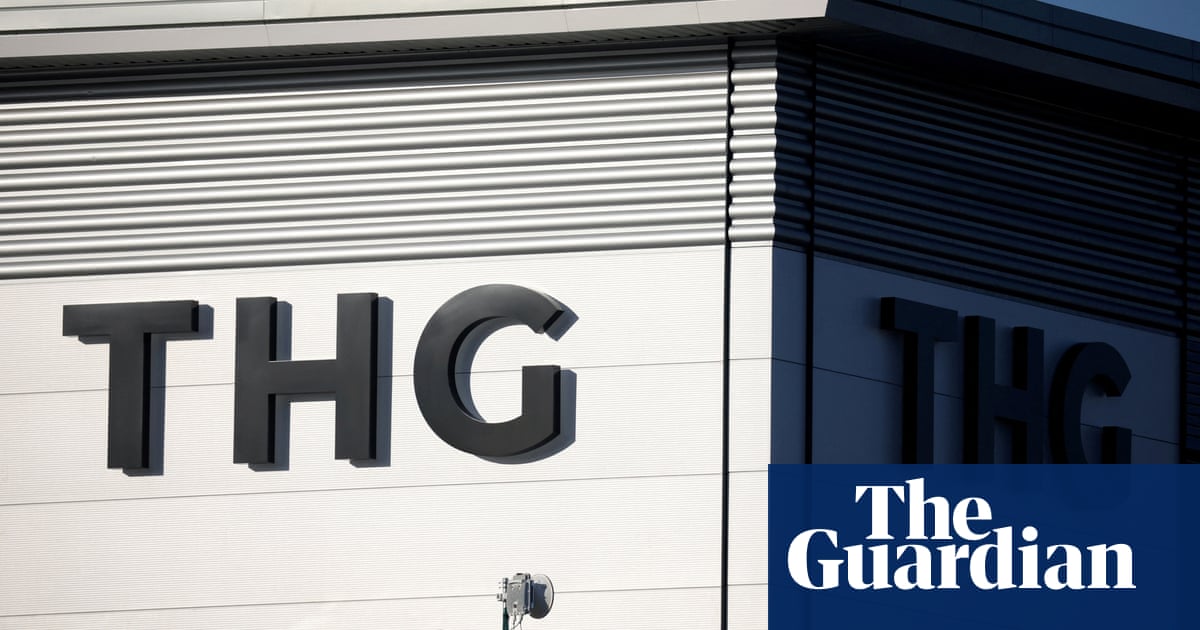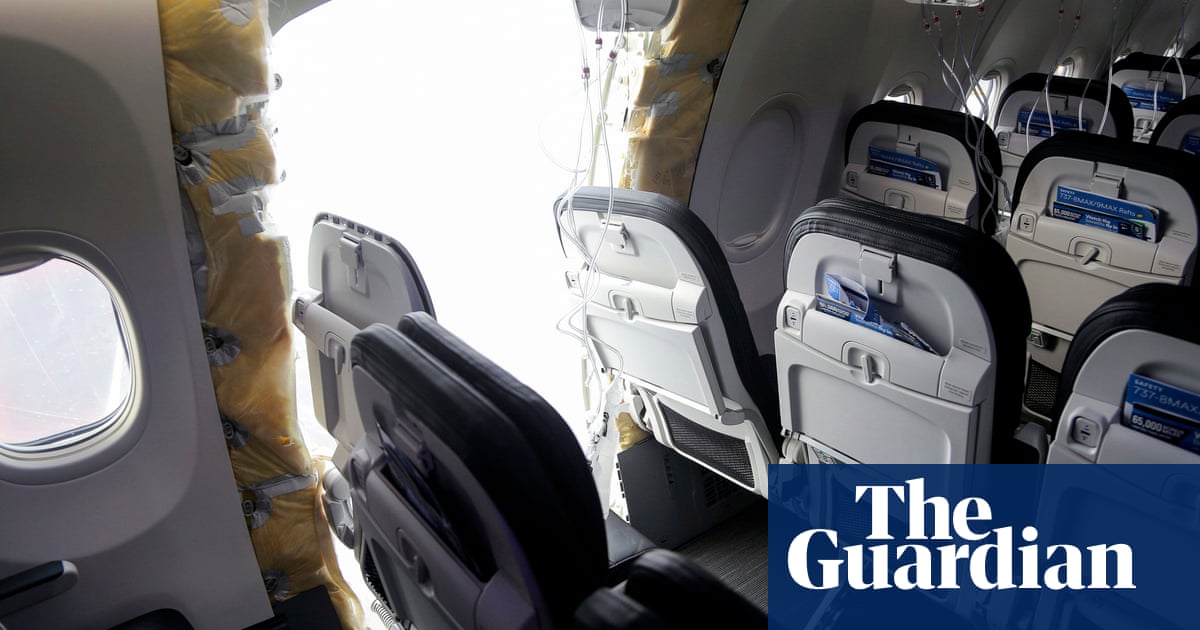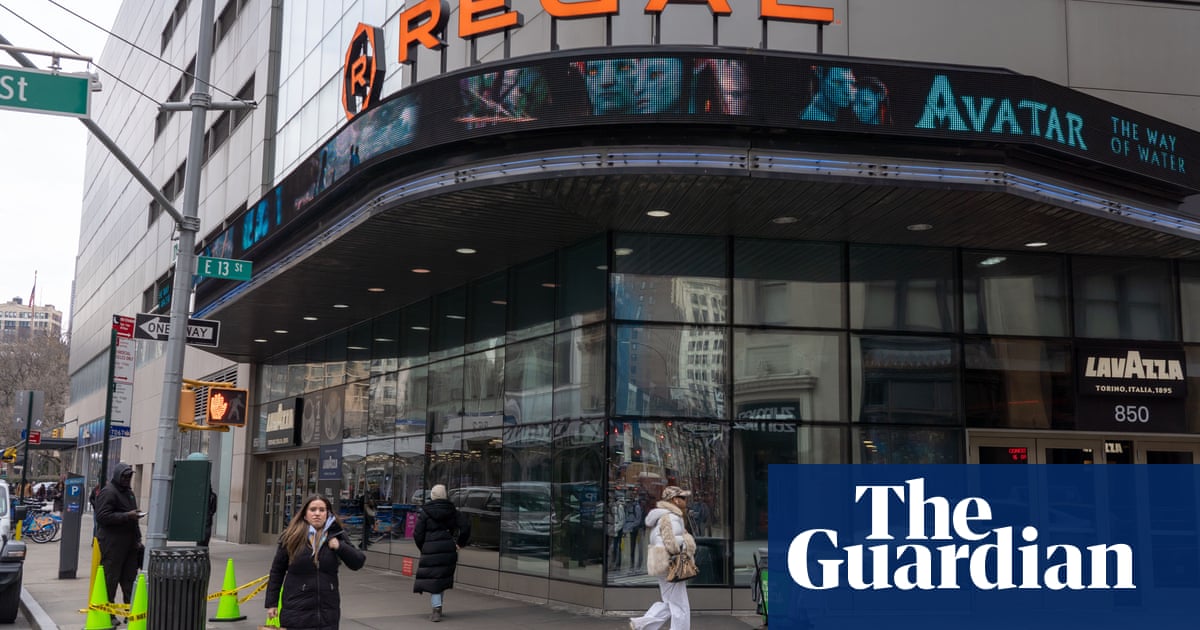
Superdry’s share price more than halved to a new record low on Tuesday after its chief executive decided against making an offer for the struggling fashion retailer.
The company announced after markets closed on Thursday that Julian Dunkerton, the founder and chief executive of Superdry, had opted against a takeover after a two-month pursuit.
Investors took flight on Tuesday when markets reopened, with Superdry’s share price sinking 55% to about 13p, valuing the company at about £12.8m.
Dunkerton began selling clothing on a market stall in Cheltenham and co-founded Superdry in 2003, growing it into one of the most successful names on the UK high street, selling T-shirts, jeans and coats. It now has about 3,350 staff working across 215 stores.
In January, it said it was considering store closures and job cuts after sales dropped by almost a quarter in the six months to October 2023. The retailer also appointed a new finance boss, the fifth in five years.
It then emerged that Dunkerton, who owns a 20% stake in the company, was in talks with partners to buy the company, which was valued at £40m at the time.
The retailer said on Thursday that, after talks, it had been decided by Superdry and Dunkerton that the takeover offer would not be enough to help the company with its turnaround and cost-cutting plans.
Discussions are continuing with Dunkerton over an alternative deal, which could include an equity raise underwritten by Dunkerton, with this providing additional liquidity for the company’s turnaround plan. It added that there was no certainty that a deal would be agreed.
Late on Thursday the group confirmed it had agreed £20m in additional funding from the restructuring specialist Hilco. Superdry, which agreed a £25m facility with Hilco last year, said it had agreed an extra £10m in immediate funding from the group and a further £10m to cover peak spending between September and November.
Superdry had been seen as one of the success stories of the high street over the past two decades, with its share price reaching a peak of £19 in 2017. However, sales and profits collapsed after Dunkerton left the company in 2018 and, in 2019, he forced his way back on to the board.
The retailer has continued to struggle in the face of deep discounting by rivals and a squeeze on consumer spending during the cost of living crisis.
Superdry’s struggles come after a string of fashion chains, including Ted Baker and Muji this month, have been forced to call in administrators amid rising costs and lacklustre demand.
On Tuesday, Revolution Bars, which owns 22 gastropubs as well as its namesake drinking venues, said it had suspended its shares because it had not been able to finalise its half-year accounts by last Thursday’s deadline.
The future of the group is hanging in the balance after it said last week it was “actively exploring all the strategic options available” to improve its future prospects.
Revolution closed eight bars in England in January, blaming pressure on the spending power of its younger customers.












